As electric vehicles become more prevalent, questions about their charging infrastructure are on the rise. At ROS Electric LLC, we often hear customers ask, “Do EV chargers need a disconnect switch?” This crucial safety feature plays a vital role in the installation and maintenance of EV charging stations. In this post, we’ll explore the importance of disconnect switches for EV chargers, covering regulatory requirements and the benefits they provide for both users and technicians.
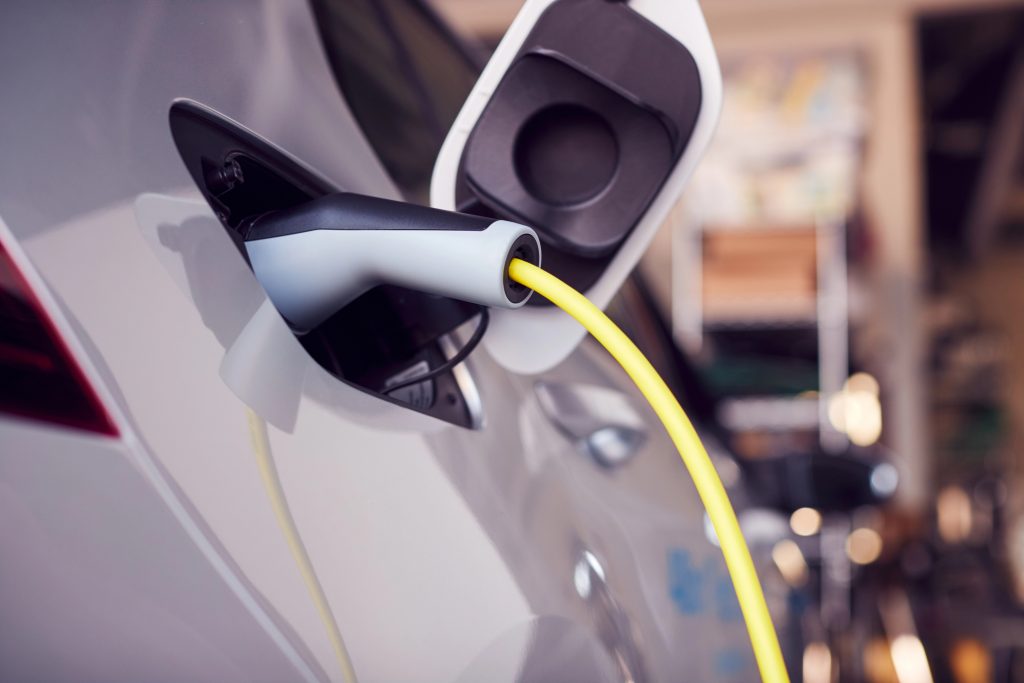
What Are EV Charger Disconnect Switches?
Electric Vehicle (EV) charger disconnect switches are safety devices that play a critical role in EV charging infrastructure. These switches act as a vital link between the EV charger and the main power supply, allowing for immediate power interruption when necessary. The primary purpose of these switches is to enhance safety during maintenance, emergencies, or when isolation of the charger from the electrical system becomes necessary.
Safety Implications
The National Fire Protection Association emphasizes the importance of readily accessible means to disconnect power, as it significantly reduces the risk of electrical accidents. Disconnect switches provide this crucial safety barrier, enabling users to cut off power to the charging equipment instantly. This feature proves invaluable in situations where quick power isolation is required (such as during unexpected malfunctions or emergency scenarios).
Regulatory Requirements
The National Electrical Code (NEC) outlines specific guidelines for when disconnect switches become necessary for EV chargers. According to NEC 625.43, a disconnecting means is required for equipment rated more than 60 amperes or more than 150 volts to ground. This regulation typically applies to many high-powered Level 2 chargers and all DC fast chargers.
Practical Considerations for Installation
When installing an EV charger, it’s important to consider the amperage rating of your charging equipment. For example, a 40-amp charger might not require a separate disconnect switch if the circuit breaker is easily accessible. However, higher-powered chargers or installations where the breaker isn’t readily visible often necessitate a dedicated disconnect switch as a vital safety feature.
Professional Assessment
Given the complexity of electrical systems and varying local codes, it’s always advisable to consult with a professional electrician to determine the specific requirements for your EV charger installation. A qualified expert (like those at ROS Electric LLC) can assess your unique setup and ensure that all safety measures, including the appropriate use of disconnect switches, are in place to keep your charging system safe and compliant with local regulations.
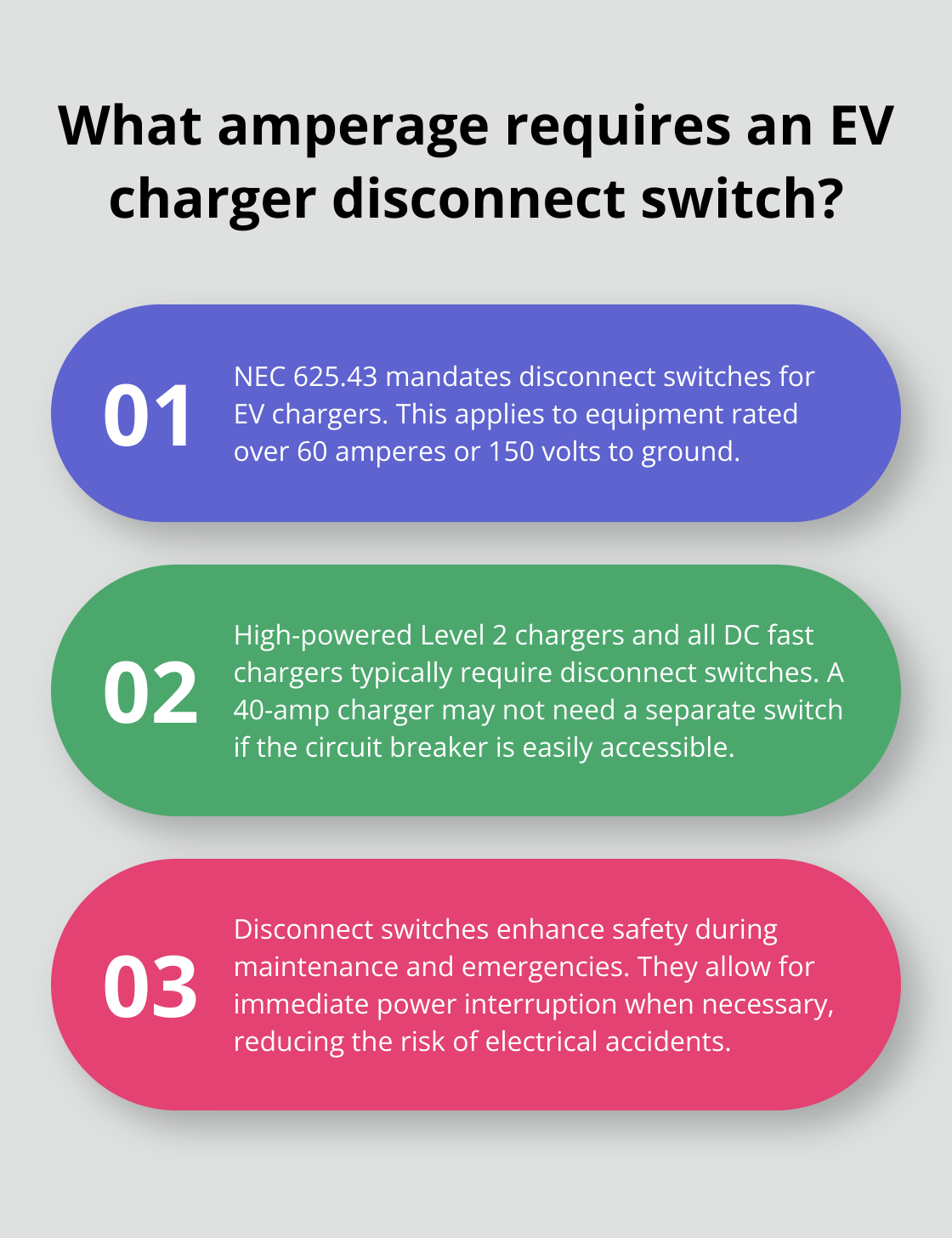
Navigating EV Charger Disconnect Regulations
National Electrical Code Guidelines
The National Electrical Code (NEC) sets the primary standards for electrical installations in the United States. NEC 625.43 mandates a disconnecting means for EV charging equipment rated more than 60 amperes or more than 150 volts to ground. This rule applies to high-powered Level 2 chargers and all DC fast chargers.
For installations using a NEMA 14-50 plug (common in many residential EV chargers), a separate disconnect switch isn’t required. The plug itself acts as the disconnecting means. However, hardwired installations follow different rules.
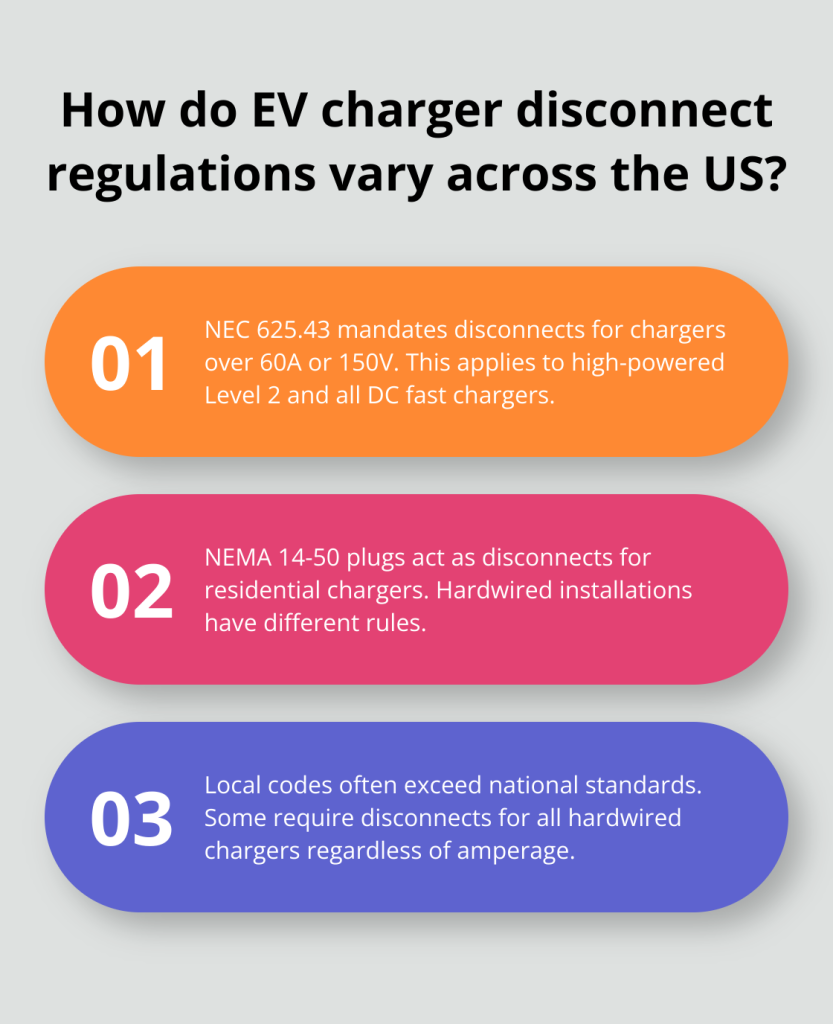
Local Building Code Considerations
Local building codes often add extra layers of regulation on top of national standards. Some municipalities require disconnect switches for all hardwired EV chargers, regardless of amperage.
In Bergen County, New Jersey, local codes set forth procedures for the installation of Electric Vehicle Supply/Service Equipment (EVSE) and Make-Ready parking spaces. Property owners should consult with local authorities or a licensed electrician familiar with area-specific regulations before installation.
Regional Variations and Their Impact
Regulations vary significantly across different regions, reflecting local priorities and concerns. Areas prone to flooding might require disconnect switches to be installed at a certain height above ground level. Regions with high wildfire risk may have specific requirements for outdoor installations.
California, a leader in EV adoption, has implemented additional safety measures through its building codes. The California Electrical Code requires readily accessible disconnecting means for all EV charging stations, often exceeding NEC requirements.
Importance of Professional Guidance
Understanding these regional variations is essential for installers and property owners. What’s compliant in one area may not meet the standards in another, potentially leading to safety hazards or costly retrofits if not addressed initially.
For those navigating these complex regulations, working with experienced professionals can prove invaluable. Experts like those at ROS Electric LLC, stay up-to-date with both national and local requirements, ensuring that EV charger installations are not only efficient but also fully compliant with all applicable regulations.
Why Disconnect Switches Matter for EV Chargers
- Enhanced Safety: Disconnect switches provide an instant power cut-off for EV chargers, which is crucial during emergencies or malfunctions. Users can quickly isolate a charger in case of overheating or cable damage, preventing electrical fires or shocks. Technicians also benefit by ensuring equipment is fully de-energized before maintenance, reducing the risk of accidents.
- Streamlined Maintenance: Disconnect switches make servicing chargers easier and more efficient. Instead of shutting down the entire power supply, technicians can use individual switches to maintain one charger without disrupting others, especially in commercial setups.
- Code Compliance and Future-Proofing: While not yet required for all charging stations, installing disconnect switches prepares property owners for stricter future regulations and increases property value by offering safe, compliant charging infrastructure.
- Increased Reliability: By allowing for quick isolation of faulty equipment, disconnect switches protect the entire system from damage and enable regular maintenance that extends the lifespan of charging stations.
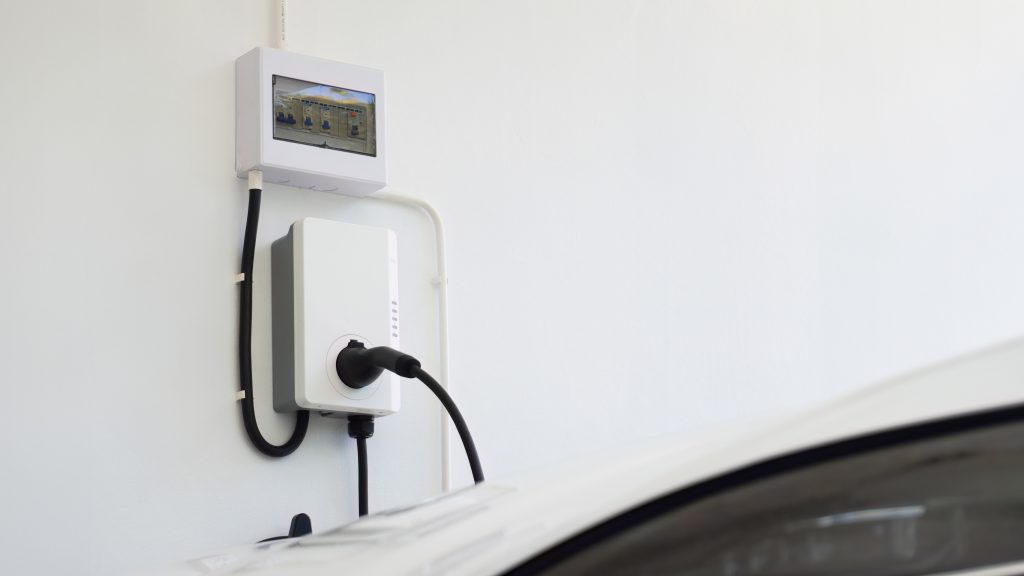
Why Choose ROS Electric for Your EV Charger Installation
At ROS Electric LLC, we ensure your EV charger installation is not only safe and compliant but also future-proof. Our expertise with disconnect switches enhances safety, simplifies maintenance, and keeps you ahead of evolving regulations. Trust us for efficient, reliable installations that give you peace of mind. Contact us today to get started on your EV charger installation.

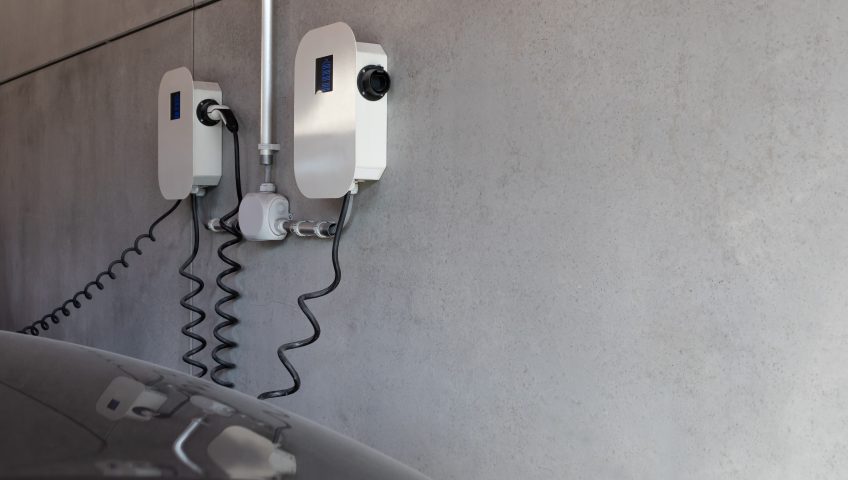
Write a Comment